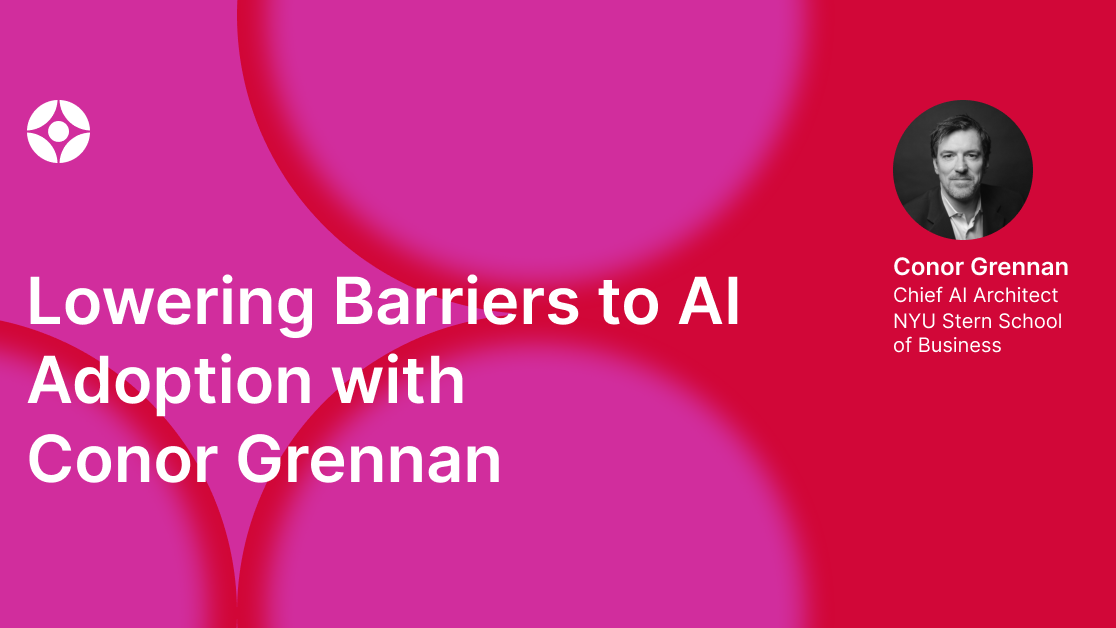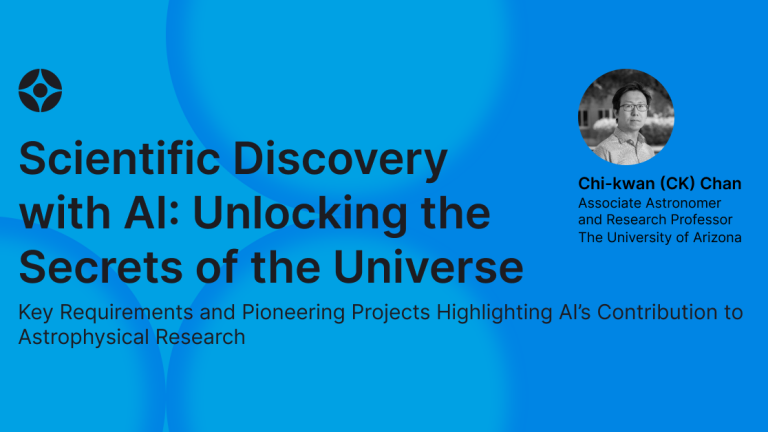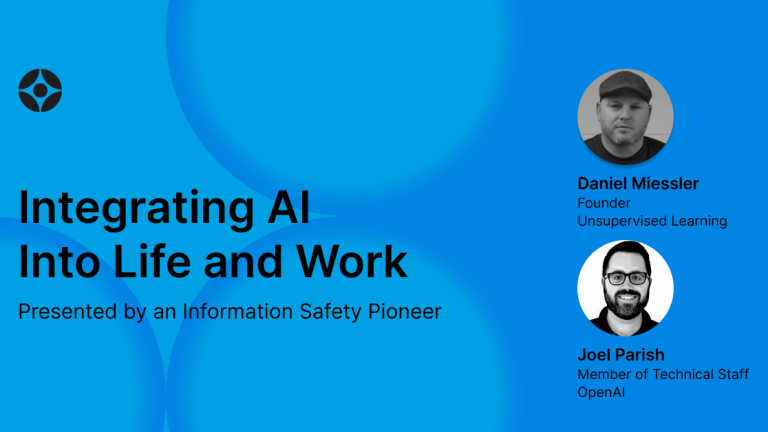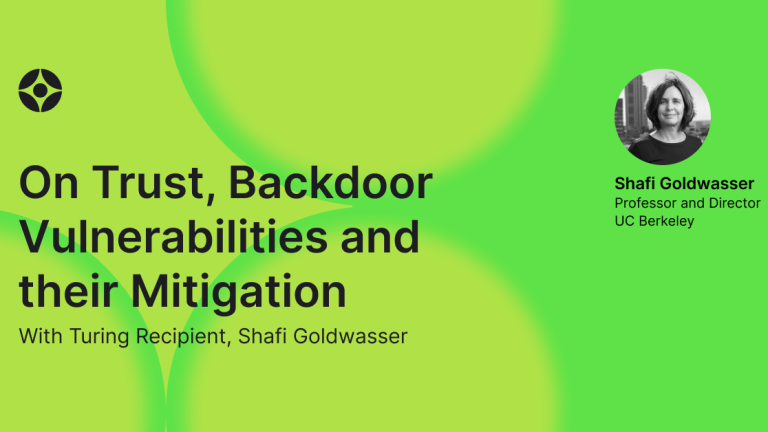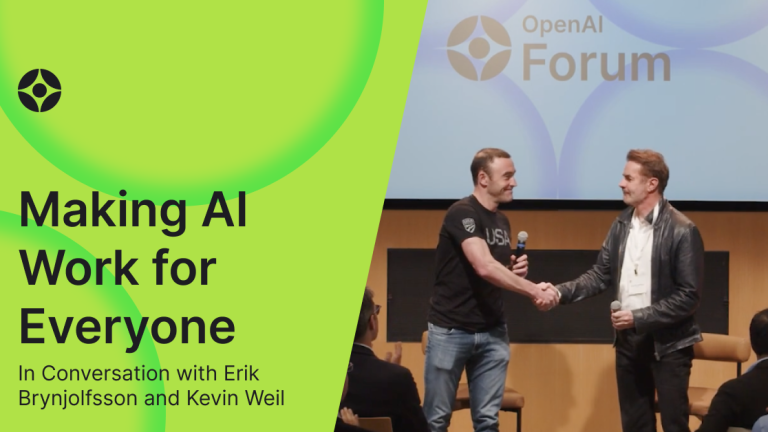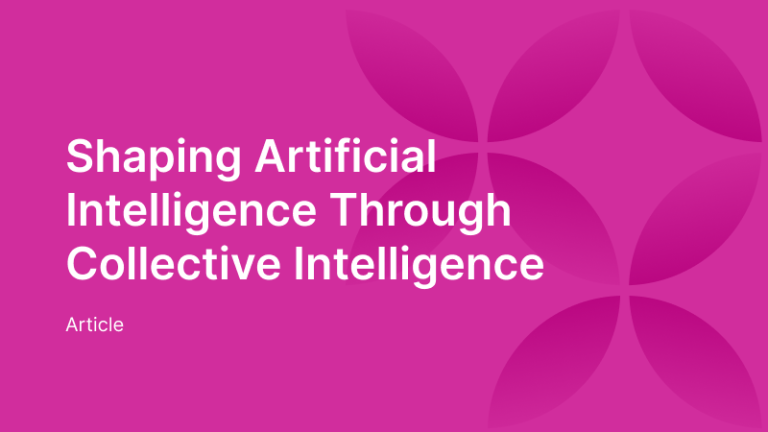Unlocking AI: Conor Grennan’s Simplified Pathway to Seamless Adoption
Key Takeaways:
- Behavioral Transformation Over Learning Routines: The successful adoption of AI tools like ChatGPT relies heavily on changing habitual behaviors rather than just acquiring technical skills. Consider it akin to incorporating a treadmill into your fitness regimen—true success comes from regular practice, not merely understanding the mechanics.
- Don’t Treat AI as a Search Engine: A frequent error users make is utilizing ChatGPT as if it were Google. Instead, envision AI as a conversational partner that encourages a deeper interaction, unlocking its full potential.
- A Shift in Technology Integration: Generative AI distinguishes itself from traditional digital solutions. It is not merely another tool to use sporadically; it should become an integral part of your routine activities.
- Human-Centric Approach to AI: The successful uptake of AI is deeply tied to human dynamics. Organizations must focus on empowering individuals and teams to incorporate AI within their day-to-day operations rather than simply deploying the technology.
- AI as a Versatile Tool: Similar to electricity, AI is an incredibly adaptable technology with a multitude of applications. Professionals should explore ways to seamlessly integrate AI into various tasks to enhance productivity and creativity.
Extended Summary:
At the OpenAI Forum, Conor Grennan’s insightful presentation addresses the challenges and methodologies for weaving generative AI, like ChatGPT, into our daily workflows. He emphasizes that the difficulties surrounding AI adoption are rooted more in behavioral patterns than technological shortcomings. As the Chief AI Architect at NYU Stern and the founder of AI Mindset, Grennan illustrates that effectively utilizing AI entails a substantial shift in mindset and habits, similar to making enduring lifestyle modifications.
Grennan questions the traditional perspective on digital transformation, one that views new technologies as replacements for outdated systems. Instead, he portrays AI, especially ChatGPT, as a transformative tool that enhances user capabilities across a range of tasks. He points out that regarding ChatGPT solely as a search engine hinders its full potential. By leaning on its search functionalities, users miss out on the deeper, more beneficial conversations that arise when the tool is seen as an expert collaborator.
Using various analogies, Grennan illustrates the importance of this paradigm shift. He compares ChatGPT to the head of a tourism board in Costa Rica, providing tailored advice unique to each individual’s needs, as opposed to the mass-market results of a typical search engine. Transitioning from a straightforward input-output mindset to one of engaging dialogue is critical for reaping the benefits of AI technology.
Furthermore, Grennan highlights the importance of retraining our cognitive responses towards AI. Many users instinctively interact with it like a search bar, as it visually resembles one. He argues that this approach is counterproductive and that changing our perceptions and interactions with AI is vital for its successful implementation in daily tasks.
In the latter part of the discussion, Grennan is joined by Matt Lewis, Chief AI Officer at Inizio Medical, who reinforces the need for a human-centered methodology in AI adoption. Lewis points out that many AI projects fall short not because of technological failures, but due to human factors like lack of leadership support or resistance to changing long-standing workflows. Both speakers agree that successful AI integration requires a mental shift—prioritizing engagement dynamics over technology solutions.
As Grennan concludes, he advocates for vastly expanding the use of AI, likening it to electricity—an essential resource that can significantly enhance various aspects of daily existence. He urges professionals to move past narrowly-focused applications and seek opportunities for integrating AI seamlessly into all facets of work, from drafting emails to planning travel, culinary projects, and much more.
In summary, Grennan’s presentation serves as a powerful call to action for individuals and organizations to reassess their approach to AI: moving away from outdated digital transformation frameworks towards a more conversational, intuitive, and human-centered strategy.
